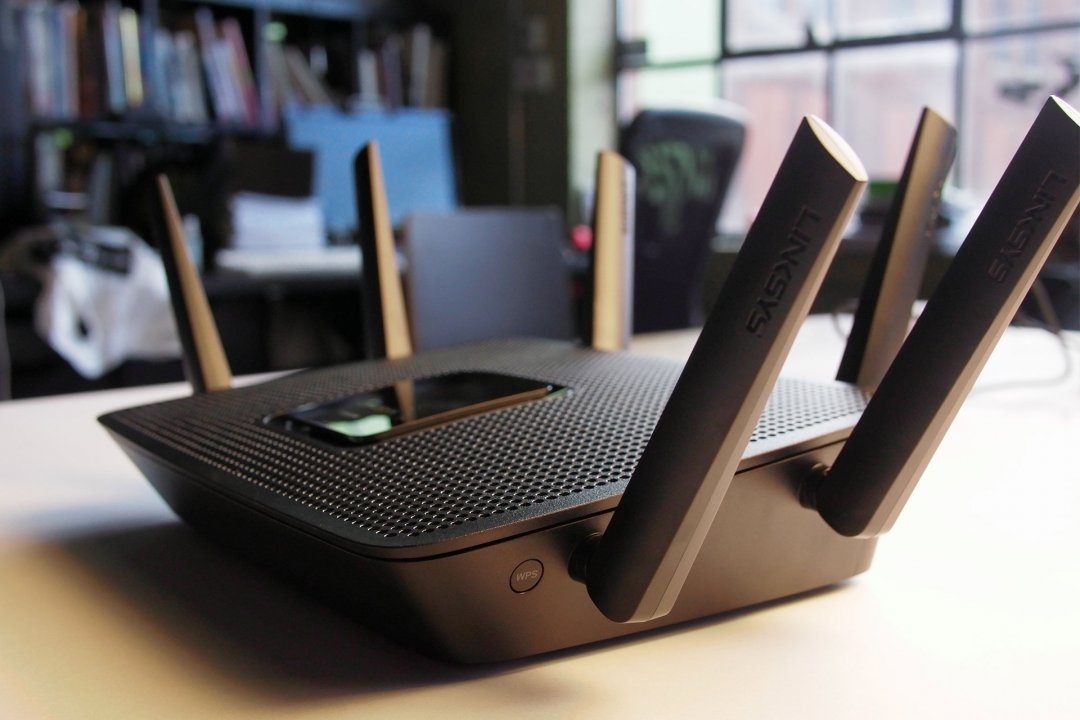New PC malware propagates via Wi-Fi — here's how to protect yourself
Strong passwords are the key when stopping the Emotet trojan.

All the latest news, reviews, and guides for Windows and Xbox diehards.
You are now subscribed
Your newsletter sign-up was successful
What you need to know
- A newly discovered variant of the Emotet Trojan can hop from Wi-Fi network to Wi-Fi network.
- Emotet is a malware that can steal personal information, install ransomware, download other pieces of malware, and form botnets.
- The key to stopping it is a good set of passwords.
A newly discovered variant of the Emotet Trojan can spread between Wi-Fi wireless networks. Emotet relies on brute force and insecure passwords to jump from network to network. Emotet can steal personal information, install ransomware, download other pieces of malware, and form botnets. Luckily, it's relatively easy to stop by using a good set of passwords.
Emotet gets onto a system by using brute force to find its way onto a network. When Emotet is already on a PC, it looks for Wi-Fi networks within range. It then goes through a precompiled list of passwords that people frequently use. If successful, Emotet then sends the password that worked to a command-and-control server to add it to a master list.
After jumping onto a new network, Emotet scans for Windows devices, uses brute force to get itself onto a device, and repeats the process.
Security firm Binary Defenses discovered Emotet spreading through Wi-Fi networks. The firm summarizes the trojan's new capability, "Previously thought to only spread through malspam and infected networks, Emotet can use this loader-type to spread through nearby wireless networks if the networks use insecure passwords."
Luckily, a strong set of passwords is a safe defense against this type of trojan. The analysts at Binary Defense recommend "using strong passwords to secure wireless networks so that malware like Emotet cannot gain unauthorized access to the network." You can secure your devices and network even further by using network monitoring.
Emotet gets into systems by seeing if frequently uses passwords will connect to a network or device. That means that systems with simple passwords or that use factory-default passwords are at risk.
All the latest news, reviews, and guides for Windows and Xbox diehards.

Sean Endicott is a news writer and apps editor for Windows Central with 11+ years of experience. A Nottingham Trent journalism graduate, Sean has covered the industry’s arc from the Lumia era to the launch of Windows 11 and generative AI. Having started at Thrifter, he uses his expertise in price tracking to help readers find genuine hardware value.
Beyond tech news, Sean is a UK sports media pioneer. In 2017, he became one of the first to stream via smartphone and is an expert in AP Capture systems. A tech-forward coach, he was named 2024 BAFA Youth Coach of the Year. He is focused on using technology—from AI to Clipchamp—to gain a practical edge.
